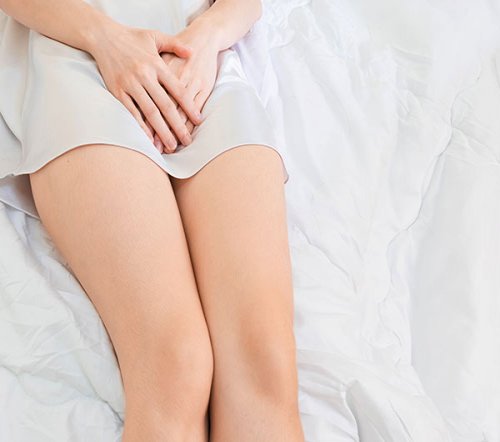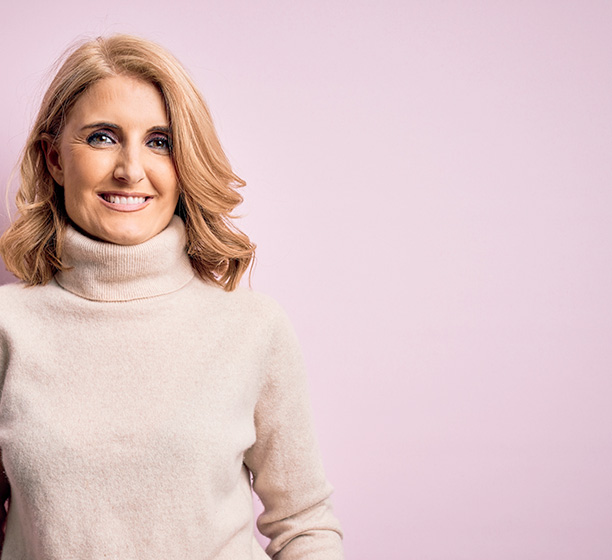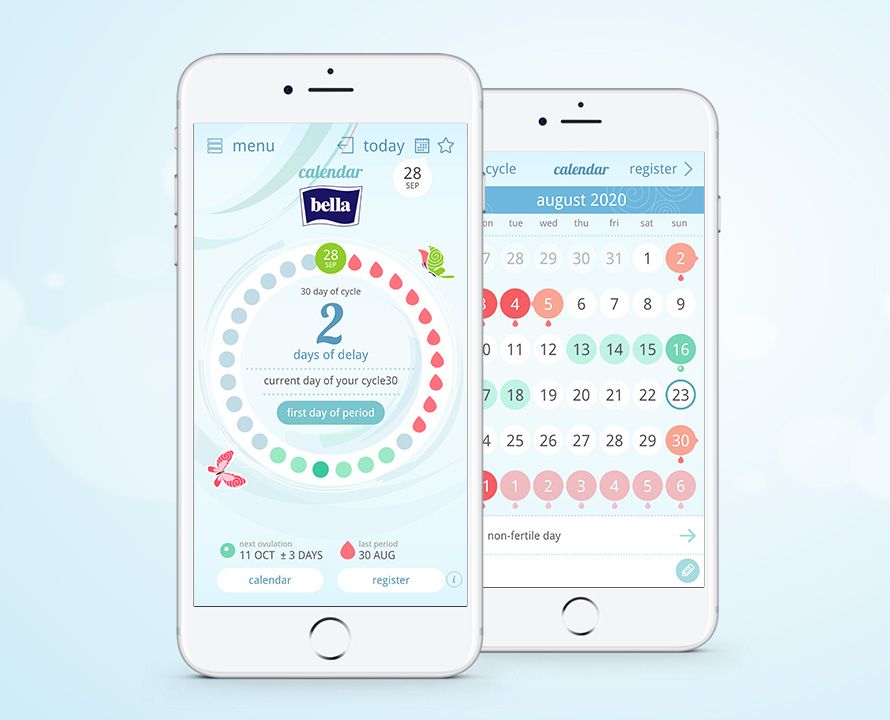 konfigurator
konfigurator
 Products
Products

No menstruation – causes
 The first thought that comes when your expected period refuses to is: pregnancy. No wonder, as this is the most common cause. However, there is a range of other causes, such as hormonal changes, stress, adolescence or beginnings of menopause, that can explain the lack of expected period.
The first thought that comes when your expected period refuses to is: pregnancy. No wonder, as this is the most common cause. However, there is a range of other causes, such as hormonal changes, stress, adolescence or beginnings of menopause, that can explain the lack of expected period.
No teenage menstruation
If you have just started menstruating and are past your first period or several first periods, then a late period is not a cause for concern yet. In the first two years of menstruation, your body is still changing and periods in that time can be very irregular. It is possible that, after your first period, another one will occur only after a couple of months.
Menstruation and menopause
One of the causes of no menstruation can be that you are entering menopause. Generally, it can be observed after the age of 45. Your cycles can become irregular. Talk to your gynaecologist about it, as it might turn out that your lack of periods is not caused by menopause, but some different hormonal disorders.
Hormones and period
Hormonal disorders are another reason for irregular periods or no periods at all. The most common causes of hormonal disorders include polycystic ovary syndrome, thyroid function disorders, and many more. If you frequently suffer from irregular periods, consult it with your doctor.
Calm your nerves – stress
Late period is quite frequently caused by stress. If you are going through a rough patch, your body produces excessive amounts of the hormone – prolactin. Too much prolactin can inhibit ovulation and thus affect your menstrual cycle length.
No period and pregnancy
No menstruation is most frequently associated with pregnancy. If your period is late and you had sex during the time preceding the expected menstruation, it is very likely that you are pregnant. The first move to confirm or rule out pregnancy is doing a home pregnancy test, which you can buy at every drugstore. If the test is positive, you must make an appointment with a doctor.

Tips for teenagers
learn more
Tips
for all
of us
learn more

 Polski
Polski Angielski
Angielski Rosyjski
Rosyjski Czech Republic
Czech Republic India
India Lithuania
Lithuania Germany
Germany Romania
Romania Słowacja
Słowacja Ukraine
Ukraine Hungary
Hungary Austria
Austria Bułgaria
Bułgaria

